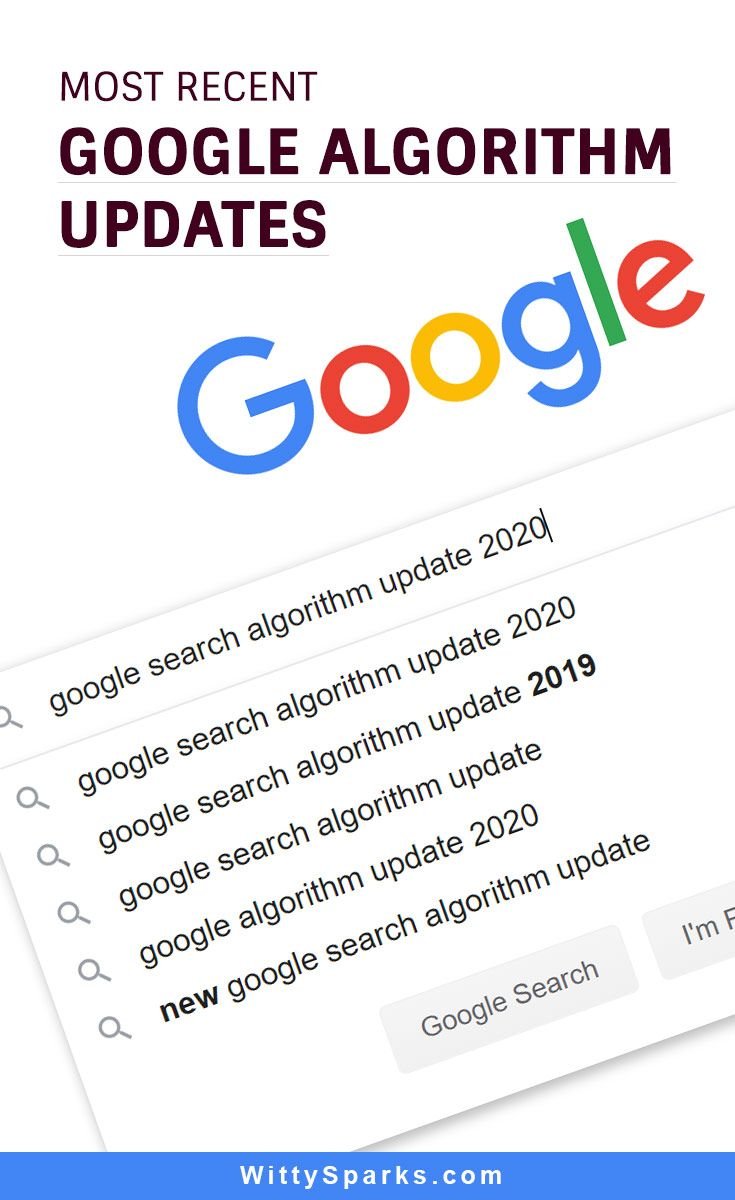
Edit Post
The future of Google algorithms is likely to be characterized by a continued emphasis on relevance, user experience, and the provision of high-quality content. As search engine technology evolves, Google will likely refine its algorithms to better understand user intent and context, delivering more personalized and accurate search results. This may involve advancements in natural language processi... View more
The future of Google algorithms is likely to be characterized by a continued emphasis on relevance, user experience, and the provision of high-quality content. As search engine technology evolves, Google will likely refine its algorithms to better understand user intent and context, delivering more personalized and accurate search results. This may involve advancements in natural language processing, machine learning, and semantic search to better interpret complex queries and provide more nuanced answers. Google is likely to place increasing importance on factors such as website speed, mobile-friendliness, and accessibility, reflecting the growing significance of mobile and voice search. As the internet grows and evolves, Google may prioritize combating misinformation and promoting authoritative sources, possibly through enhanced fact-checking mechanisms and algorithmic updates to surface trustworthy content. View less
- 0 0
- 0 0
-

-
RAHUL BABU
published solution: 1 year beforeGoogle's future algorithm focuses on surfacing helpful and original content while reducing low-quality material. Embracing AI advancements, Google aims to enhance user experience and combat unoriginal content, shaping a future where unique, fresh content is prioritized for improved search results and user engagement.
0 1 0 0 1 0 -
Ajith L Rajan
published solution: 1 year beforeBy the year 2030, the future of Google's algorithm is likely to be shaped by ongoing advancements in artificial intelligence, machine learning, and user experience optimization. Google's algorithm will continue to evolve to provide more accurate, relevant, and personalized search results to users. With the increasing complexity of online content and the proliferation of new media formats such as video and voice search, Google's algorithm will need to adapt to better understand and interpret different types of information. Additionally, advancements in natural language processing and understanding will enable Google to better comprehend the context and intent behind user queries, leading to more precise search results. Moreover, Google's algorithm will prioritize user experience factors such as page speed, mobile-friendliness, and accessibility to ensure that websites with the best user experience rank higher in search results. Furthermore, Google will continue to refine its algorithms to combat spam, misinformation, and low-quality content, promoting trust and credibility in search results. However, as Google's algorithm becomes more sophisticated, concerns about data privacy, transparency, and bias may arise, necessitating greater transparency and accountability in algorithmic decision-making processes. Collaborative efforts between Google, researchers, regulators, and the broader internet community will be essential in shaping a future where Google's algorithm continues to serve the needs of users while upholding principles of fairness, transparency, and privacy by 2030.
0 1 0 0 1 0


